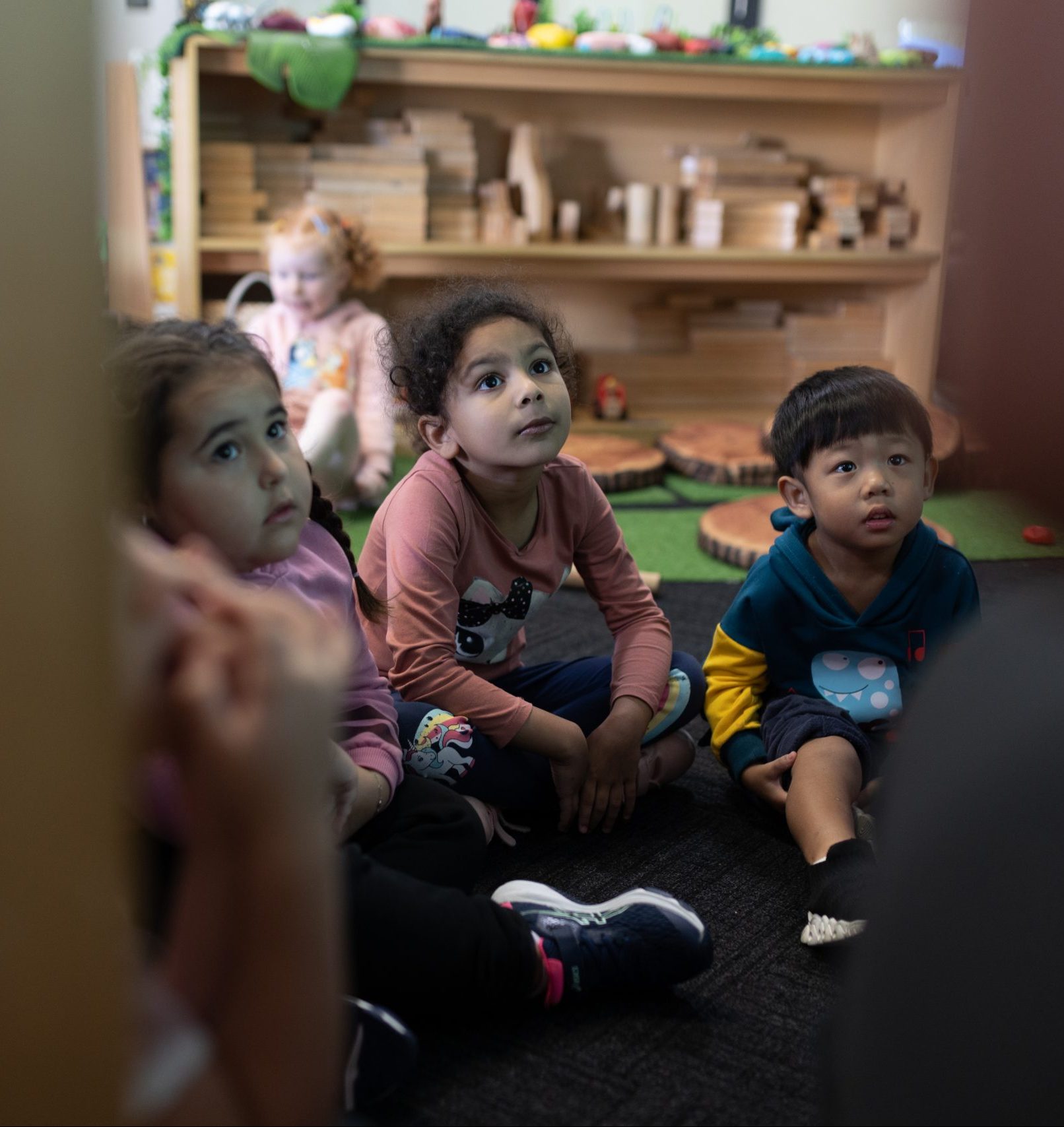Parents tend to avoid subjects that may be difficult to converse with children about such as loss, divorce, illness, childbirth, and natural disasters. You may be tempted to gloss over details or postpone these conversations to be had at an older age. However, to raise a mature and well-rounded child, difficult conversations can sometimes be the most beneficial for development. Having an explicit discussion can dissuade taboos and misunderstandings later in life.
So, how do I make an awkward chat easier as a parent?
Make it an ongoing conversation
In order to facilitate healthy discussion about a sensitive topic, let children ask questions as they grapple with the idea. Don’t feel pressured to have all the answers in one session – instead, let you and your child get more comfortable with discussing a tough concept over time. Introduce these things from a young age, and then incorporate more detail and age-appropriate language into the conversation as they grow. No more fibs about how babies come from storks!
Don’t prepare a monologue, as it’s better to go off-hand and expect clarifying questions to be asked. Communicate your own feelings and ask about theirs – this is especially important when talking about grief or loss. Ask open-ended questions that don’t prompt yes or no answers, and make sure you’re giving your child ample opportunity to speak without being interrupted.
For children of childcare age, understand that they think in concrete ways and often need guidance to explore emotions beyond happy, sad, and angry. Use terms they will comprehend – for example, they may grasp the concept of sadness or being upset, but not yet understand mental illness. Rationalise complex situations in terms they are familiar with, omitting unsettling detail where necessary, but ensuring they understand the big picture.
Notice your child’s emotions
Observe expressions and body language during tough conversations. Young children aren’t great at hiding their emotions – so if they seem distant, detached, or uncomfortable, it could mean that they aren’t ready for this discussion. This is a possibility, but now you have begun a dialogue that will be easier to pursue in the future.
When discussing complex situations and topics with curious kids – the bottom line is clear: if you feel you need to be dishonest, there’s no point in having these conversations. Represent the truth, yet you can leave out explicit details they will not benefit from being told. This will prompt an open, trusting relationship for the years to come.
Encouraging hard conversations can be tough, but building a two-sided, honest discussion about these subjects is greatly beneficial for young children. If you have any concerns, or want to know more about your situation specifically, talk to one of our qualified educators at Mini Masterminds.

